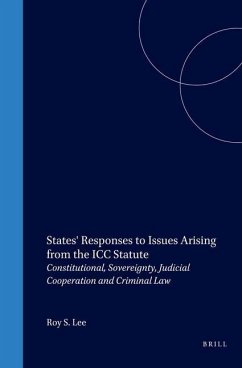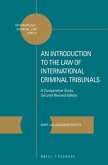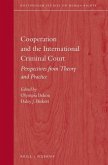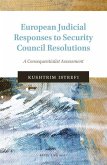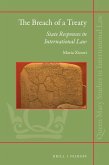This comparative study focuses on the legislative methods and techniques used in 12 countries to give effect to the International Criminal Court. The text covers both common law as well as civil law countries: Argentina; Brazil; South Africa; The Netherlands; Liechtenstein; France; Sweden; Germany; Norway; Italy; Canada; and the UK. The practice of each state forms a chapter focusing on constitutional, sovereign, and criminal issues. Two additional chapters discuss such issues now facing Japan and Mexico. The contributors focus on real issues encountered and methods and techniques actually employed with the purpose of serving as a practical guide to those countries that are still looking for methods to give effect to the Rome Statute. In each case the authors explain why certain legislative approaches were used and why others were not selected. The authors are all experts with years' of experience in the field; most of them participated in preparing the relevant domestic laws and in the making of the Rome Statute. Published under the Transnational Publishers imprint.

